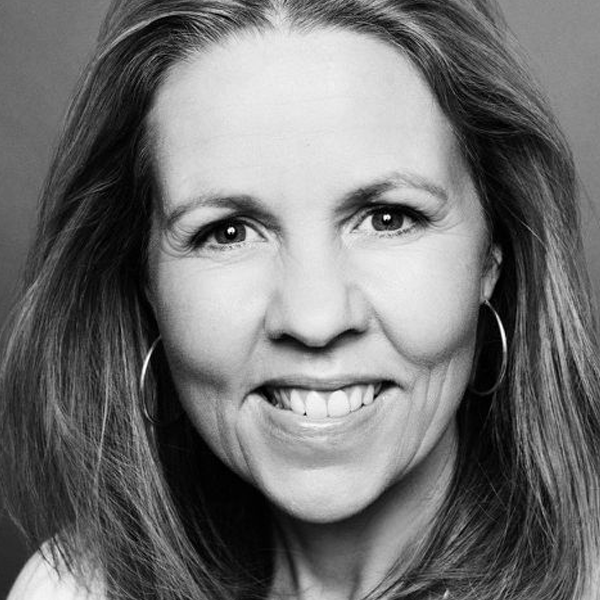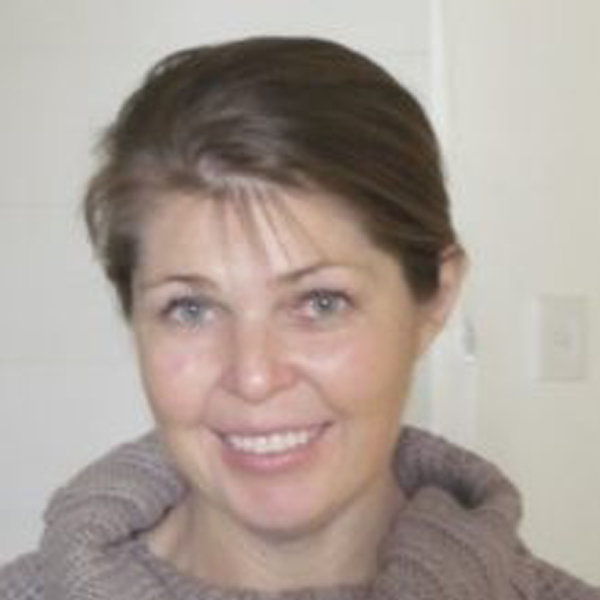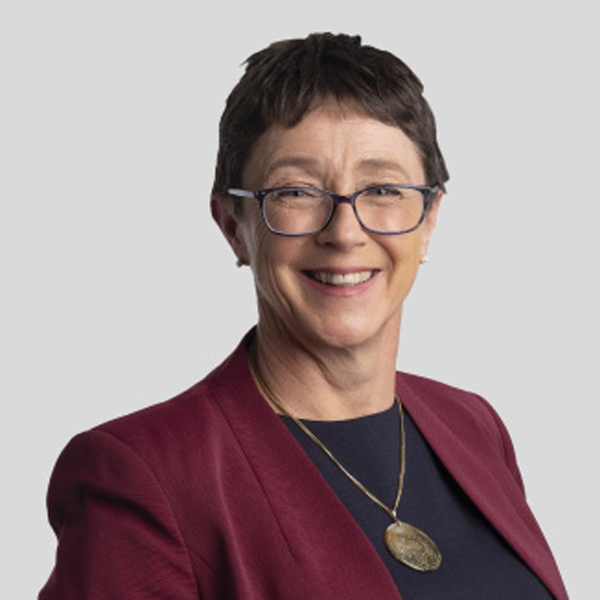Young people today have to navigate a health system that is typically intended for adults and assumes all users have the equity, capabilities and motivation to access the support and care they need. But young people require our health system and services to be age-appropriate, supportive and easy to find and access. Without these key prerequisites, young people are less likely to connect and engage with services, leaving them without the care they need to achieve positive health, family, work, and education outcomes.
Without health services that are age-appropriate, supportive and easy to find and access …. young people are less likely to connect and engage …..
Those young people who become parents between the ages of 15-21 years are faced with even more complex health needs. Many young mothers, unfortunately, experience stigma, financial hardship, homelessness, unemployment, lack of transport, poor health literacy, and stress. This makes navigating the health system even more challenging. It can lead to intergenerational disadvantage because disadvantaged children find it hard to avoid becoming disadvantaged adults.
Charli is a single young mother aged 20 whose story describes a common scenario. Charli was experiencing poor mental health, so she needed to attend her GP to seek a mental health plan. But in 2021 she was feeling nervous about leaving her house due to rising COVID-19 cases and was told her regular doctor had no appointments for four weeks. She was referred to a new medical practice and doctor but when she arrived, the doctor had called in sick and there were no appointments until the following week. Charli was now feeling lost, highly anxious, and hopeless. Without empathy and advocacy, Charli was going home without a plan or support, and her mental health could continue to deteriorate.
…young people who become parents between the ages of 15-21 years are faced with even more complex health needs
Young mothers like Charli are the reason that Campbell Page is delivering and evaluating a new program in Southeast Queensland called ‘The Young Mothers Pathways Project’ (YMPP). The program supports single young mothers to overcome these challenges and develop the strengths and connections to achieve their economic, health, and wellbeing aspirations.
The program’s theory of change (TOC) proposes that by developing the right capabilities, taking advantage of opportunities, and being motivated to take action, young mothers can improve their wellbeing and live rich, productive and fulfilling lives.
The COM-B framework, proven to improve service users’ health outcomes in various contexts, is central to the program’s TOC. The theory suggests that behaviour is most likely to change when a young mother has capabilities, opportunities and the motivation to make behavioural changes, which include accessing health supports and services.
The COM-B framework is helping Campbell Page engage with single young mothers and provide an individualised ‘wrap around’ model of care. Despite being implemented just over 12 months ago, the program is already showing how young mothers are changing the way they think about and connect with health services.
Working with Charli, a support worker has helped her increase her understanding and gain confidence to navigate the general practice and referral system. Advocacy has enabled Charli to see her regular doctor and gain the mental health plan she knew she needed. This has empowered Charli and now she feels ready to seek support again in the future.
Advocacy has enabled Chari see her regular doctor and gain the mental health plan she knew she needed.
Another young mother is Brooke who became pregnant at the age of 20. She was depressed and experiencing domestic violence. She often relied on family members to care for her baby as Brooke lacked confidence in her parenting. Brooke joined YMPP where she reflected on and identified her personal and parenting challenges. She explored her aspirations and set goals that were important to her and her child. She learnt about opportunities to help her reach those goals.
Brooke decided to attend Campbell Page’s Healthy Families initiative, partnering with Equine Assisted Psychotherapy to provide a tailored and accessible mental health response for young single mothers. Brooke engaged with a trained psychotherapist in observing, feeding, and leading horses. In this relaxed and informal environment, she learned about building healthy relationships, managing anxiety, and explored her need for safety, self-awareness, connection and understanding.
In this relaxed and informal environment, she learned about building healthy relationships, managing anxiety, and explored her need for safety, self-awareness, connection and understanding.
The therapist’s trauma-informed approach increases young women’s awareness of emotions and behaviours that are no longer serving them well. As a result, Brooke recognised her strengths and resilience, became confident about her role in caring for her child, developed self-awareness and knowledge of healthy boundaries in relationships.
Jannine was also 20 years old and had been avoiding medical appointments for a serious medical condition. When she engaged with the YMPP she became empowered to take action after discussing her motivations to seek health care, understanding the opportunities available to her and how the program could support her to access the care she needed and wanted. The outcome was that Jannine started accessing an Indigenous Health Service which was able to refer her to the specialist services that helped her manage her medical condition.
The therapist’s trauma-informed approach increases young women’s awareness of emotions and behaviours that are no longer serving them well.
The stories of Charli, Brooke and Jannine show that single young mothers have complex needs. Multiple and intersecting barriers such as poor mental health; stigma; COVID-19; long wait times; the cost of services; and lack of transport all increase the potential for ongoing poor outcomes and intergenerational disadvantage. Their experiences also highlight the current need for skilled navigators of the health system and the importance of it becoming more responsive, accessible and supportive.
Since the pilot began in late 2020 the YMPP has been working with 43 other young mothers aged 15-30 years, with 51% presenting an increase in their confidence to parent, 44% demonstrating improved health and wellbeing, and 76% have demonstrated increased motivation to achieve their goals.
Campbell Page is aiming to work with 60 young single parents over three years and will be collecting further evidence regarding how the COM-B framework, along with a Systems Thinking approach, is effectively helping the YMPP to address complex problems and create systems change. Using these tools will allow Campbell Page to document and better understand how the program can support and empower single young mothers to access the health services and support they need, with confidence and self-determination.
For more info on the YMPP, please contact Anne Hodge; Anne.Hodge@campbellpage.org.au
For more info on COM-B or systems thinking, please contact Ruth Knight ruth.knight@qut.edu.au; or Belinda Luke, b.luke@qut.edu.au
The names and stories in this article have been deidentified, but the mothers have provided consent to share their story.
About the authors
 Dr Ruth Knight is a lecturer at QUT’s Australian Centre for Philanthropy and Nonprofit Studies. Ruth’s research interests are social enterprise, nonprofit leadership and social impact.
Dr Ruth Knight is a lecturer at QUT’s Australian Centre for Philanthropy and Nonprofit Studies. Ruth’s research interests are social enterprise, nonprofit leadership and social impact.
 Associate Professor Belinda Luke, is a lecturer at QUT’s School of Accountancy. Belinda’s research interests include reporting and accountability in third sector organisations.
Associate Professor Belinda Luke, is a lecturer at QUT’s School of Accountancy. Belinda’s research interests include reporting and accountability in third sector organisations.
 Anne Hodge is Head of Community Services at Campbell Page Limited. Anne oversees the Indigenous, Youth and Family Services with a focus on growth and development including community enterprise and philanthropic partnerships.
Anne Hodge is Head of Community Services at Campbell Page Limited. Anne oversees the Indigenous, Youth and Family Services with a focus on growth and development including community enterprise and philanthropic partnerships.
References:
Burgon, H., Gammage, D., & Hebden, J. (2018). Hoofbeats and heartbeats: equine-assisted therapy and learning with young people with psychosocial issues – theory and practice. Journal of Social Work Practice, 32(1), 3–16. https://doi.org/10.1080/02650533.2017.1300878
Campbell Page. (2022). Young Mothers Pathways Project. Campbell Page. https://campbellpage.com.au/youth-and-family/young-mothers-pathways-project/
Cobb-Clark, D. A. (2019). Intergenerational transmission of disadvantage in Australia. Australia’s welfare series no. 14. Cat. no. AUS 226. Canberra: AIHW. https://www.aihw.gov.au/getmedia/37c2c8b7-328c-41e1-bace-87ed7a551777/Australias-Welfare-Chapter-2-summary-18Sept2019.pdf.aspx
Lucas, G., Olander, E. K., & Salmon, D. (2020). Healthcare professionals’ views on supporting young mothers with eating and moving during and after pregnancy: An interview study using the COM‐B framework. Health & Social Care in the Community, 28(1), 69–80. https://doi.org/10.1111/hsc.12841
Rahman, T., Foster, J., Hera Fuentes, G. L., Cameron, L., & Gould, G. S. (2021). Perspectives about smoking cessation during pregnancy and beyond of Aboriginal women in Australia: A qualitative analysis using the COM‐B model. International Journal of Gynecology and Obstetrics, 155(2), 282–289. https://doi.org/10.1002/ijgo.13854
Robards, F., Kang, M., Steinbeck, K., Hawke, C., Jan, S., Sanci, L., Liew, Y. Y., Kong, M., & Usherwood, T. (2019). Health care equity and access for marginalised young people: a longitudinal qualitative study exploring health system navigation in Australia. International Journal for Equity in Health, 18(1), 41–41. https://doi.org/10.1186/s12939-019-0941-2
